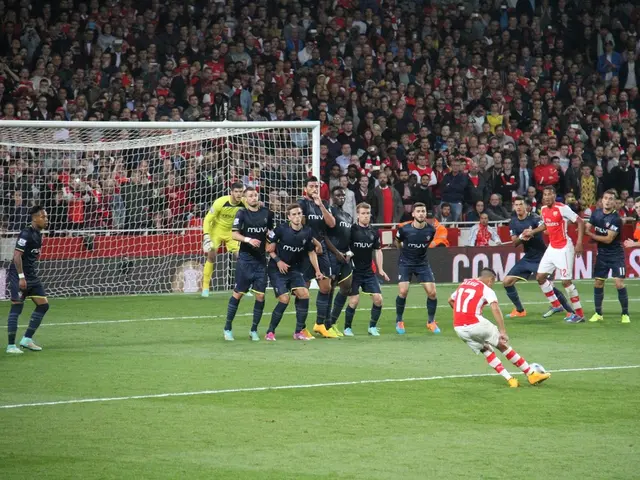Judge halts Trump's lawsuit targeting the New York Times for alleged defamation
In a recent turn of events, a federal judge has temporarily halted Donald Trump's defamation lawsuit against The New York Times. The judge's ruling comes after Trump's legal team was allowed to refile the lawsuit, following the initial dismissal due to not meeting federal requirements for civil lawsuits.
The judge's decision is not a definitive ruling on the final outcome of the lawsuit. Instead, it provides Trump's legal team with a four-week timeframe to refile the lawsuit, ensuring it adheres to the specifications set out by the court. The refiled lawsuit must be limited to a maximum of 40 pages.
The court's declaration states that Trump's lawsuit, as it originally stood, violated Rule 8 of the federal civil procedure. The court found Trump's allegations against The New York Times to be "clearly improper and impermissible."
Trump's spokesperson has confirmed that the lawsuit will be refiled within the given timeframe. However, as of now, there is no publicly available information regarding which lawyer will represent Trump in the resumption of his defamation lawsuit against The New York Times.
Trump had accused The New York Times of being a "virtual mouthpiece" for the Democratic Party. The defamation lawsuit, filed earlier this week, sought $15 billion in damages.
The temporary halt in the lawsuit provides a brief respite for The New York Times, but the saga is far from over. The upcoming weeks will see Trump's legal team working diligently to refile the lawsuit in a manner that meets the court's requirements, setting the stage for a potentially protracted legal battle.
Read also:
- United States tariffs pose a threat to India, necessitating the recruitment of adept negotiators or strategists, similar to those who had influenced Trump's decisions.
- Weekly happenings in the German Federal Parliament (Bundestag)
- Southwest region's most popular posts, accompanied by an inquiry:
- Discussion between Putin and Trump in Alaska could potentially overshadow Ukraine's concerns








